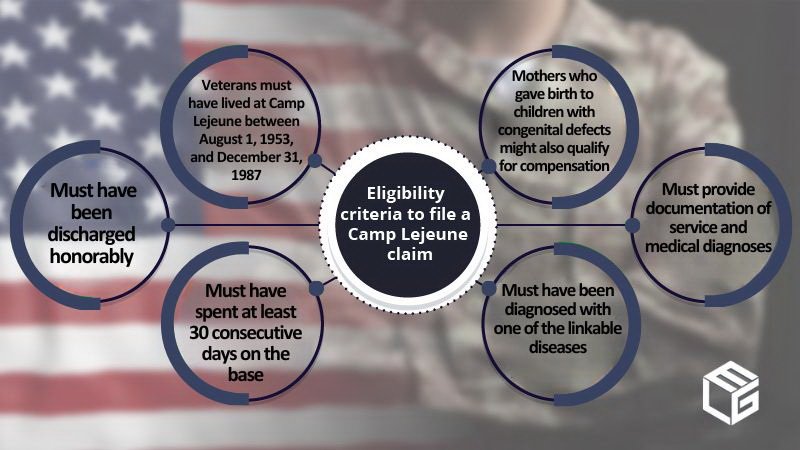Attention: We are no longer taking Camp Lejeune cases!
Studies associate perchloroethylene with pharyngeal cancer
The drinking water at Camp Lejeune, a military facility in North Carolina, was contaminated by a toxic chemical called perchloroethylene, also known as tetrachloroethylene. The contamination was caused by an off-base dry cleaning firm.
The ATSDR study revealed that the concentration of perchloroethylene in the water supplied from the Tarawa Terrace and Hadnot Point water treatment plants exceeded the current maximum contaminant level set by the EPA between November 1957 and February 1987.
Over time, the perchloroethylene in the groundwater broke down into other harmful chemicals, such as trichloroethylene (TCE) and vinyl chloride. The perchloroethylene level at Tarawa Terrace was 43 times over the safe exposure limit. Perchloroethylene and vinyl chloride, have been widely used in military bases, but their usage has been reduced due to their toxic nature and negative environmental impact. Studies have linked exposure to these solvents to the development of cancer in the larynx, hypopharynx, and lungs.
Perchloroethylene was classified as a probable carcinogen in 2012. A study published in 2017 found evidence that high exposure to PCE may increase the risk of hypopharyngeal cancer.
Trichloroethylene linked to cancers of the respiratory system
Trichloroethylene (TCE) is a volatile organic substance created by chemical synthesis. Because this chlorinated solvent was used extensively by the US military to degrease equipment, contaminated soil, and groundwater can be found near a number of current and former military bases.
According to the same occupational exposure study, trichloroethylene exposure might also cause cancers of the respiratory system, cancers of the lung, larynx, and hypopharynx, although more research is required in this respect.
Trichloroethylene is also responsible for severe chronic respiratory diseases, such as asthma and bronchitis. Tests performed on laboratory animals showed that when this chemical accumulates in cells can cause uncontrollable cell division, and it is cytotoxic.
TCE breaks down slowly and remains in the environment for a long time, infiltrating the soil and accumulating in groundwater, as it happened at Camp Lejeune, where the trichloroethylene level at Hadnot Point was 280 times higher than the safe limit.


